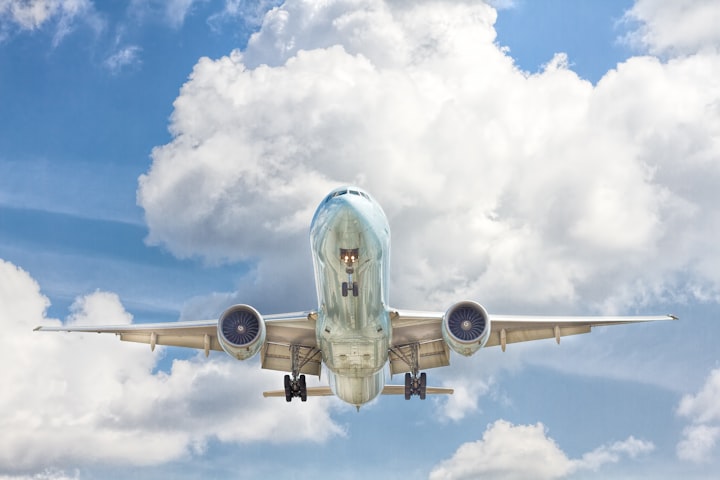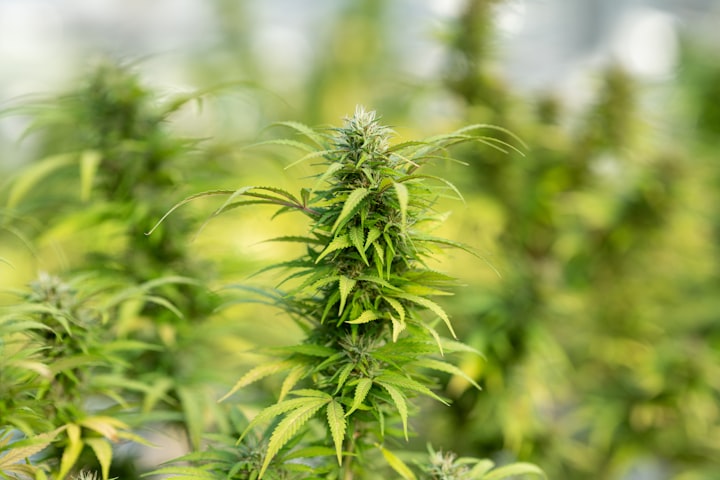Ensuring Safety in the Skies: The Importance of Drug Testing in Aviation
Safeguarding Skies and Lives: The Critical Role of Aviation Drug Testing

Introduction
In the fast-paced world of aviation, ensuring safety is paramount. The responsibility of keeping passengers, crew, and cargo secure lies with the aviation industry. One crucial aspect that contributes to flight safety is drug testing.
This article explores the significance of drug testing in aviation and its role in maintaining a safe and reliable air transport system.
The Growing Concern: Substance Abuse in Aviation
Substance abuse is a pressing concern in various industries, and aviation is no exception. Pilots, flight attendants, and ground personnel all play critical roles in flight operations, making their sobriety vital. The consumption of drugs or alcohol can impair cognitive functions and reaction times, posing serious risks to flight safety.
The Impact of Drugs on Aviation Professionals
Drug abuse among aviation professionals can result in impaired judgment, diminished coordination, and reduced alertness. These issues can jeopardize flight operations, endangering the lives of everyone on board. Consequently, implementing stringent drug testing protocols is imperative to mitigate these risks.
The Importance of Drug Testing
1. Ensuring Sobriety and Alertness
Regular drug testing in aviation helps ensure that all personnel are free from illegal drugs or unauthorized medications. By identifying individuals struggling with substance abuse, aviation companies can provide assistance and maintain a team of professionals who are fit for duty.
2. Compliance with Regulations
Regulatory bodies, such as the Federal Aviation Administration (FAA), mandate drug testing programs for aviation personnel. Compliance with these regulations is essential for maintaining an air operator's certificate and ensuring safe operations.
3. Deterrent for Substance Abuse
The knowledge that random drug tests can occur at any time serves as a powerful deterrent against drug abuse among aviation professionals. Fear of negative consequences encourages individuals to stay away from illicit substances.
4. Identifying New and Emerging Drug Trends
As drug trends evolve, drug testing helps identify new substances that may pose risks to aviation safety. Staying ahead of these trends is crucial for adapting drug testing protocols effectively.
Drug Testing Methods in Aviation
Aviation companies employ various drug testing methods to maintain safety standards. These methods include:
1. Urine Testing
Urine testing is the most common method used for drug screening in aviation. It detects recent drug use and can identify a wide range of substances.
2. Hair Follicle Testing
Hair follicle testing provides a longer detection window than urine tests, making it useful for identifying past drug use.
3. Breath Alcohol Testing
Breath alcohol testing is conducted to ensure that personnel are not under the influence of alcohol during duty hours.
Ensuring Fairness and Confidentiality
Drug testing in aviation is conducted following strict guidelines to ensure fairness and confidentiality. Testing processes are transparent, and individuals have the right to challenge test results if they believe they are inaccurate.
Conclusion
Maintaining safety in the skies is of utmost importance, and drug testing plays a vital role in achieving this goal. By ensuring sobriety among aviation professionals and identifying potential risks, drug testing helps build a reliable air transport system. With the commitment of the aviation industry to safety and the implementation of stringent drug testing protocols, passengers can fly with confidence, knowing that their safety is a top priority.
FAQs
1. How often are aviation professionals subjected to drug testing?
Aviation professionals are subject to random drug testing throughout the year to maintain vigilance and ensure sobriety.
2. Are prescribed medications included in drug testing?
Prescribed medications are allowed, but aviation personnel must disclose them during the testing process.
3. Can drug testing detect all types of drugs?
Drug testing methods can detect a wide range of substances, including commonly abused drugs and some prescription medications.
4. What happens if an aviation professional fails a drug test?
Failing a drug test can lead to suspension or termination from employment, depending on the company's policies and regulations.
5. Is drug testing required for air passengers?
While drug testing is not mandatory for air passengers, aviation personnel are responsible for ensuring their sobriety and complying with regulations to maintain flight safety.






Comments
There are no comments for this story
Be the first to respond and start the conversation.